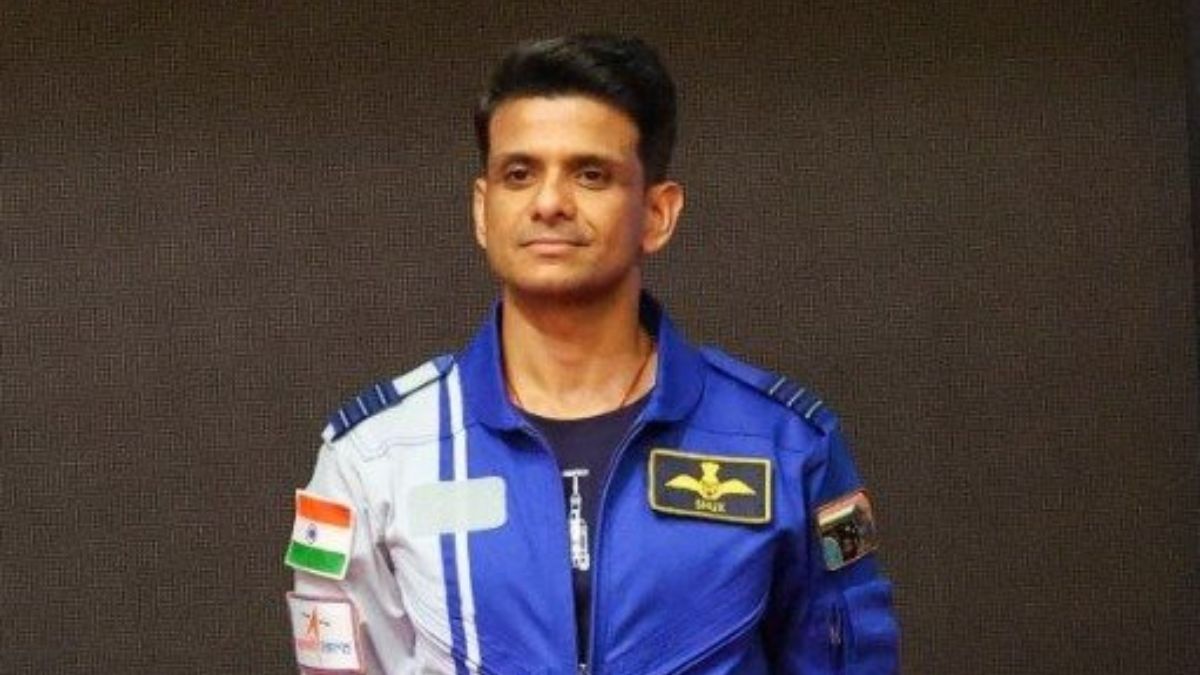Axiom Mission 4: India’s historic leap into space
 Shubhanshu Shukla
Shubhanshu Shukla
India is reaching for the stars again this time with Axiom Mission 4 (Ax-4). Launching no earlier than June 8, 2025, from NASA’s Kennedy Space Center, the mission will send Group Captain Shubhanshu Shukla, an ace pilot from the Indian Air Force, to the International Space Station (ISS). This will mark India’s return to human spaceflight after over 40 years, and the first time since Rakesh Sharma’s landmark journey in 1984.
The Mission Readiness Review has been set for May 21, confirming that the crew and systems are nearly go for launch. The mission is also a showcase of global cooperation, with astronauts from India, Poland, and Hungary joining forces under Axiom Space’s banner, in partnership with NASA, SpaceX, ISRO, ESA, POLSA, and HUNOR.
Its crew includes Commander Peggy Whitson (USA): NASA veteran with 675 days in space, Pilot Shubhanshu Shukla from India who has been a test pilot, Su-30 MKI expert, and Gaganyaan astronaut, mission specialist Sławosz Uznański-Wiśniewski from Poland backed by ESA and POLSA. Besides that there is mission specialist Tibor Kapu from Hungary's HUNOR programme. The crew has completed the intensive ISS and Dragon spacecraft training at NASA’s Johnson Space Center, mastering emergency procedures, simulations, and physical and psychological assessments.
This will be the first crewed flight for SpaceX's brand-new Dragon spacecraft, which will soon be named by the astronauts themselves, as shared by Sarah Walker, Dragon Mission Manager at SpaceX.
India is investing over Rs 500 crore (approx. $70 million) in this mission covering Shukla’s seat and 12 cutting-edge Indian experiments. ISRO Project Director Sudeesh Balan has confirmed that seven of these are biologically driven, with Shukla as the primary researcher on board.
“The science goals include Microgravity Studies on Microalgae, Seeds, and Tardigrades. Besdes that the muscle regeneration, cognitive impacts, and Microbial adaptation. Four new experiments have also been added potentially in space farming and microbial resilience. Then there are five human research projects, in partnership with NASA, focusing on space medicine, human physiology, and space psychology. These experiments will support Gaganyaan, space medicine, and India’s 2035 goal of setting up the Bharatiya Antariksh Station,” explained space expert Girish Linganna.
A major highlight of Ax-4 is its student engagement plan. NASA and ISRO will jointly host a live public downlink event, where Shukla will speak directly to Indian schoolchildren, answer questions, and share his in-space experiences. The event will also feature top officials from both agencies and will include science outreach modules on digestion and radiation. Additionally, ISRO will set up an amateur radio communication link a long-standing ISS tradition to allow direct student communication with Shukla from space.
Allen Flynt, Chief of Mission Services at Axiom Space, emphasised their preparedness and noted that insurance provisions are in place for various mission aspects though specific coverage details remain confidential. “Ax-4 builds upon the legacy of Ax-1 (2022) the first private mission to the ISS, Ax-2 (2023) led by Whitson, included first Saudi woman in space. Ax-3 (2024) that carried the first Turkish astronaut. Ax-4 is Axiom’s most science-heavy mission to date, with 60 plus experiments from 31 countries, and a powerful example of commercial and national space collaboration,” added Linganna.
For India, Ax-4 is not just about science it’s about showing the world that a developing country can lead in human spaceflight, international cooperation, and scientific ambition.
Sci/Tech